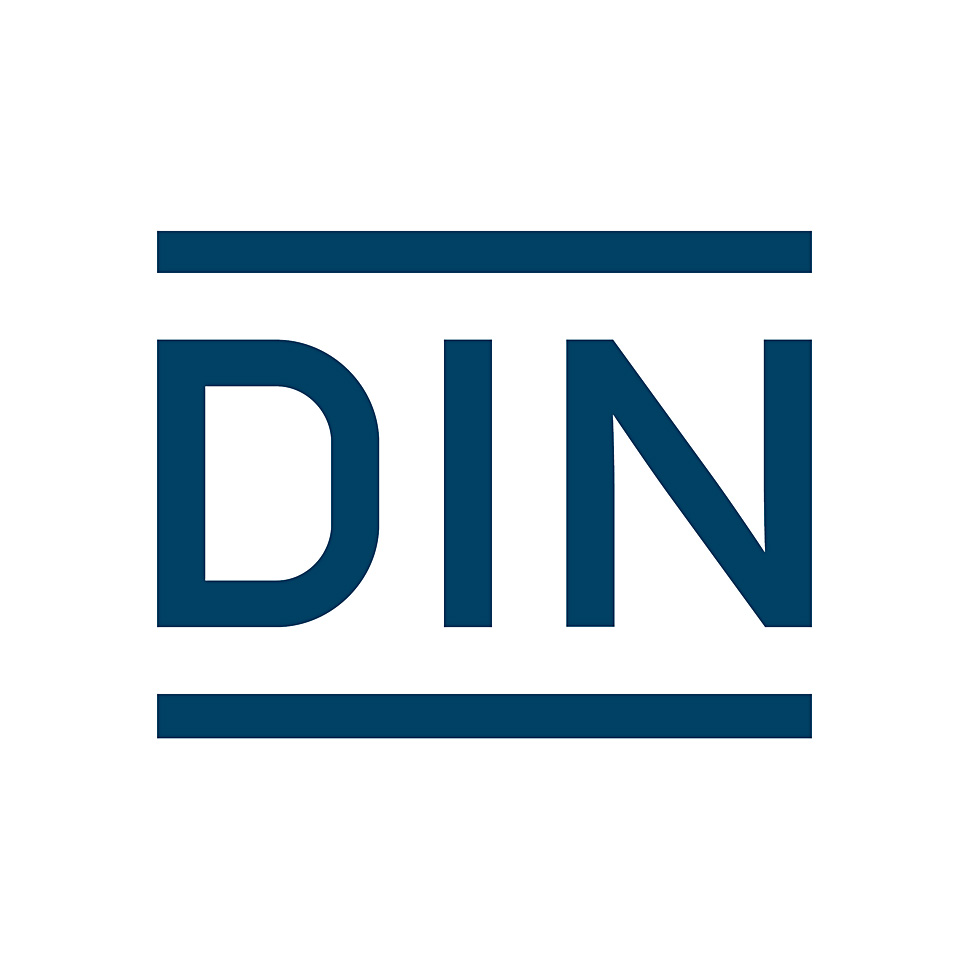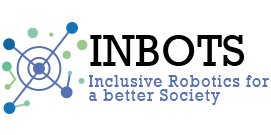
We interviewed Saskia Maresch, an industrial engineer (M.Sc) with a B.Sc in international Businees who works as a project manager at DIN, a global reference company in stardardisation.
DIN leads the working group for the coordination of standardisation and benchmarking strategies on Interactive Robotics.
Which is the role of DIN in the INBOTS project?
DIN is a non-profit organisation recognised as the German National Standards body representing Germany in European and international standardisation activities. DIN leads the INBOTS work package on standardisation and aims to develop together with the project partners a standardisation strategy for interactive robots.
What is the entry point for the WP6 tasks?
The work package on standardisation started with the identification of the current standards landscape to gain an overview of what is currently on the market or will be published soon. Afterwards, standardisation needs were identified and compared with the conducted research of current standardisation activities.
Which are the working guidelines?
Our working guidelines will follow the INBOTs project guidelines and policies. Periodic tele-meetings and continuous interactions between all the WP participants are the two pillars that support our work in the next months.
What are you pretending to achieve?
We envisage to educate the robotics community on how standardisation can support them to bring their ideas to the market. Based on the feedback that we get from the community (including the INBOTS project partners) we are going to develop a standardisation strategy. The strategy will show the standards that are currently on the market and the technical committees that develop them as well as future standardisation potentials. We will also describe how standardisation activities can be initiated on identified standardisation potentials and how the European Commission can support robotics standardisation activities with future research projects. Basically our goal is to discuss the future interactive robotics standardisation activities with all stakeholders.
With who are you collaborating?
The INBOTS consortium is developing the standardisation strategy and the work is supported by the Standardisation Advisory Board, which consists of members of the ISO/TC 299 on Robotics. Project externals have the opportunity to hand in standardisation potentials through the INBOTS and we have a yearly conference where we discuss standardisation issues with the community. INBOTS also developed a survey on standardisation needs and challenges.
Which are the main challenges?
The main challenge for the standardisation of interactive robots is the modularity and the fast changing nature of technologies. In the past standards were developed by one technical committee and today the boundaries between committees merge.
